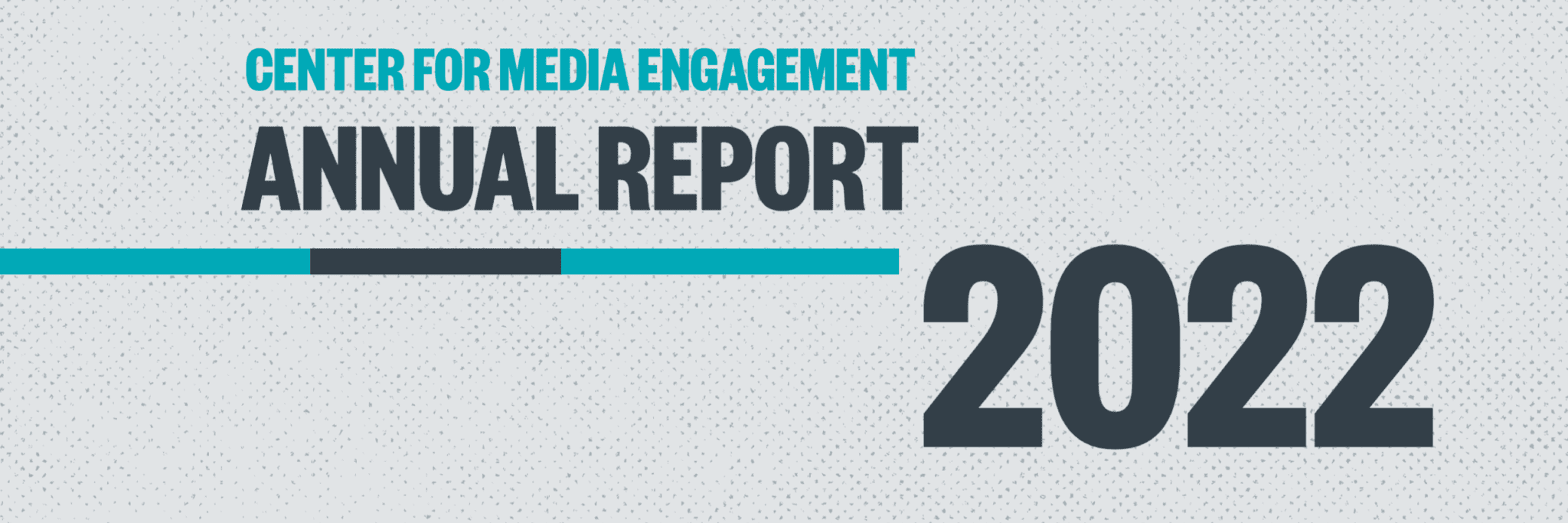
From the Director
DEAR FRIENDS AND SUPPORTERS,
The past year has been an exciting one: the Center for Media Engagement has worked to address critical issues facing journalism, media ethics, platforms, propaganda, and science communication. We collaborated with journalists, social media companies, scientists, and communities around the world. We sought to share our findings in ways accessible to the people who needed the information. Our team has grown, the easing pandemic has given us new opportunities for in-person partnerships, and our drive to make a difference has only increased.
The center’s goal is to improve the media ecosystem by empowering the public to understand, appreciate, and participate in the democratic exchange of ideas. We do this by engaging with others to co-create solutions.
Our emphasis this past year has been on two goals:
Tackling efforts to mislead and misinform the public. Efforts to disrupt the informed exchange of ideas are everywhere. Our work has tracked science and political misinformation circulating on social media and in encrypted messaging apps. We’ve honed in on problematic content targeting marginalized communities both in the U.S. and around the world. Even more, we are working on solutions with affected communities, journalists, and platforms.
Building connections. Examples abound of people looking at those with different beliefs and backgrounds with skepticism and, in some cases, outright hatred. Journalists, scientists, and others representing institutions that once enjoyed high levels of public trust now routinely encounter a polarized and cynical public. At the Center for Media Engagement, we are working to build connections. How can journalists show solidarity with communities that feel poorly represented and misunderstood? How can educators train students to recognize and charitably interpret diverse perspectives? How can platform content bring people together?
The year ahead feels urgent. Our media ecosystem is changing dramatically. There are some bright spots, such as earnest efforts to create public-friendly digital spaces. Yet there are also signs of concern. If our digital connections increasingly fragment and privatize, the problems we are trying to tackle become much more difficult. Misleading content could circulate in anonymous or inaccessible spaces, making efforts to find and counter it ever more difficult. Left to their own devices, people could choose digital spaces made up of like-minded others, yielding further polarization. The news media, faced with mounting closures and layoffs, seems ill-equipped to address the situation. National elections around the world, and rapidly approaching in the U.S., could be a turning point in a system that seems increasingly fragile.
At the Center for Media Engagement, we are focused on being part of the solution. There is a lot to be done. And we cannot do it without you. Your support, collaboration, and feedback fuel our efforts. Special thanks to those who have funded our work over the past year, particularly Democracy Fund, Exxon Mobile, the William and Flora Hewlett Foundation, the John S. and James L. Knight Foundation, Lenfest Institute, Omidyar Network, Open Society Foundations, and the Rita Allen Foundation. The great democratic experiment demands a contribution from all of us, and we look forward to working with you to do our part.
Natalie (Talia) Jomini Stroud, Ph.D.
Director, Center for Media Engagement
15
Research Reports
published in the fields of journalism, propaganda, and science communication
22
media ethics case studies
published and released for free educational use
36
peer-reviewed articles
published in journals

12
op-eds and blogs
written for trade and media organizations
11
events and workshops
hosted by our center

4,500+
citations
of our team’s work

600+
newsrooms
utilizing our tools and practices

130+
media mentions
showcasing our expertise

80+
speaking engagements
featuring our team members

22
team members
welcomed to the center
Noteworthy Events
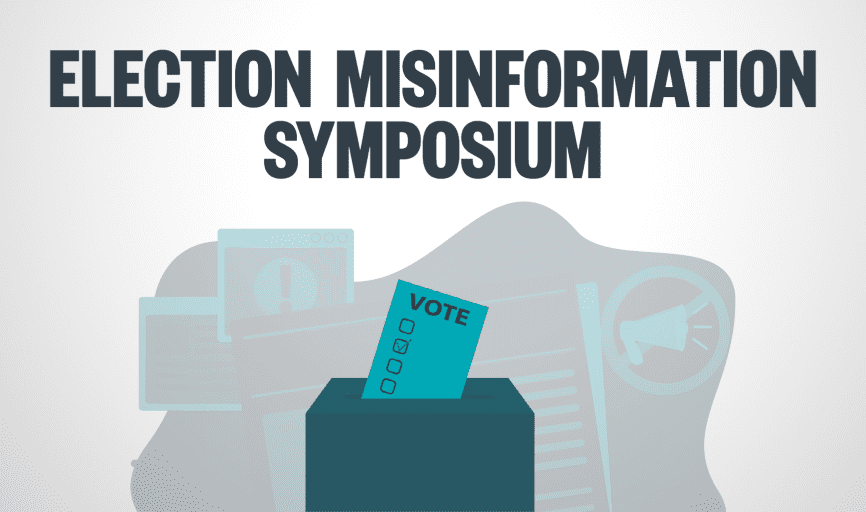
Election Misinformation Symposium
The Center for Media Engagement hosted a symposium to help newsrooms learn how to detect and deal with false information. News leaders from battleground states learned from experts in mis- and disinformation detection and prevention and strategized on techniques to implement in their newsrooms.
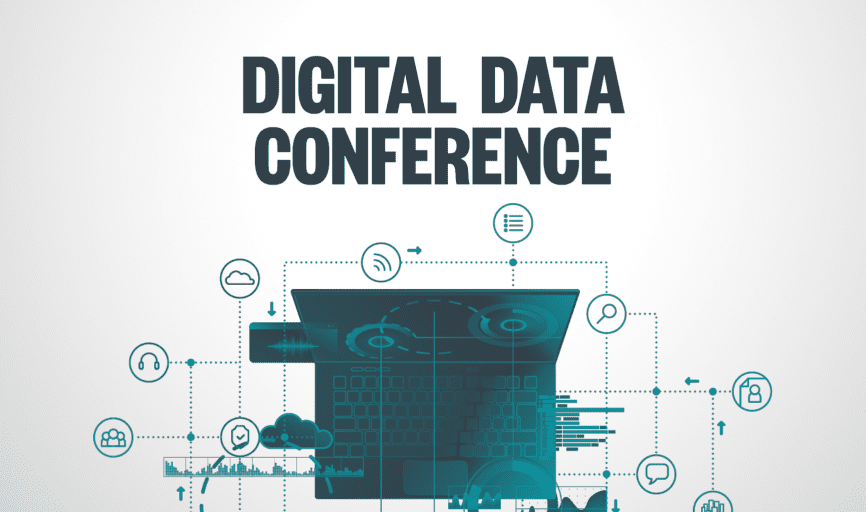
Digital Data Conference
The Center for Media Engagement and The Media and Democracy Data Cooperative convened researchers to discuss the practice and ethics of digital data research. The conference featured keynotes from Dr. David Lazer and Dr. Joan Donovan on the topics of the state of digital data research and data ethics.
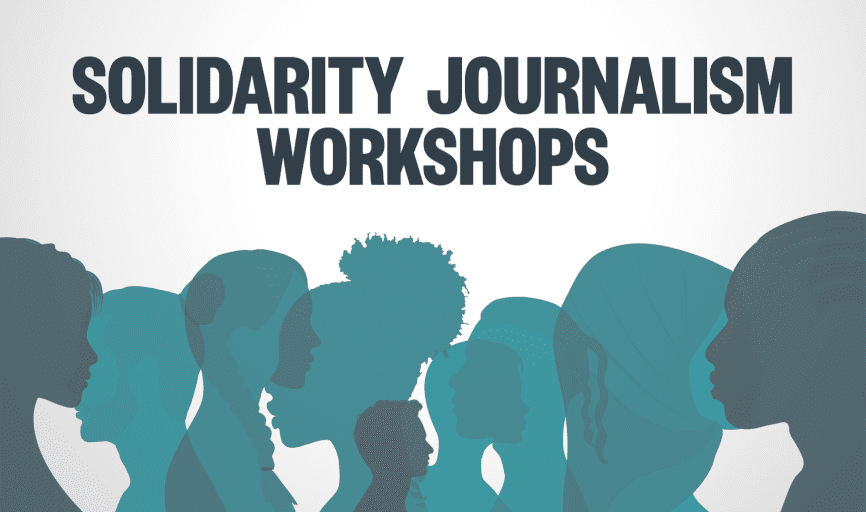
Solidarity Journalism Workshops
The Solidarity Journalism Initiative at the Center for Media Engagement held a series of workshops that provided guidance on reporting on trans issues, reporting on democracy in ways that put voters first, and reporting on the Mahsa Amini protests in Iran.
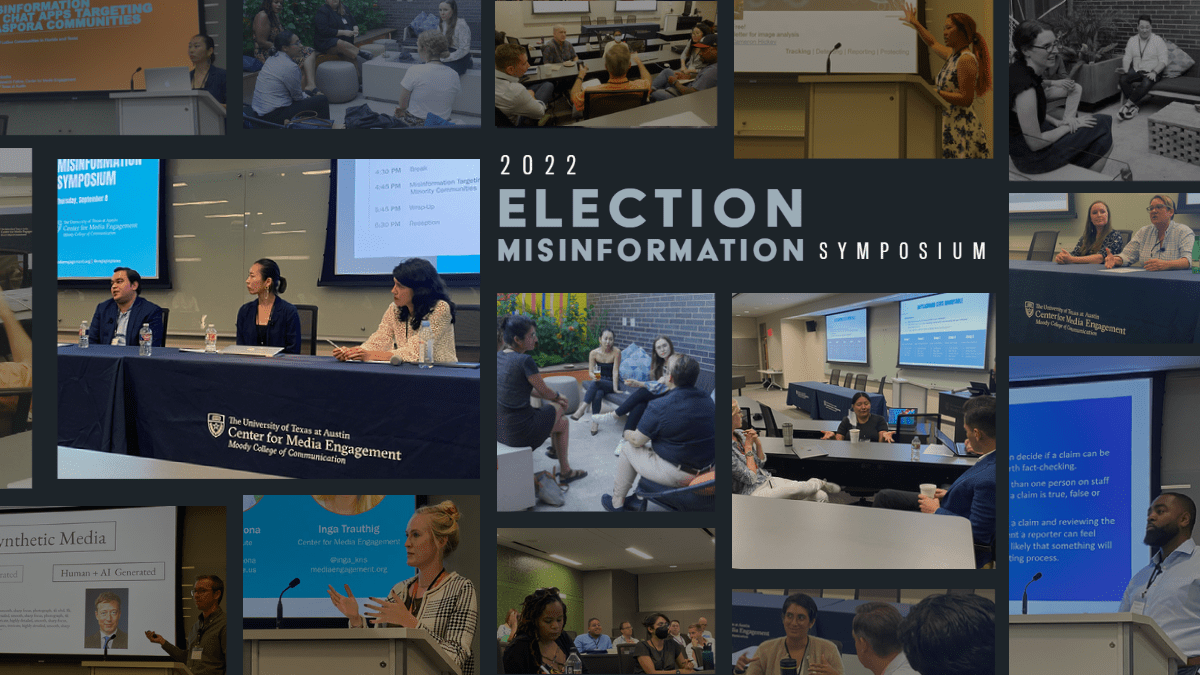
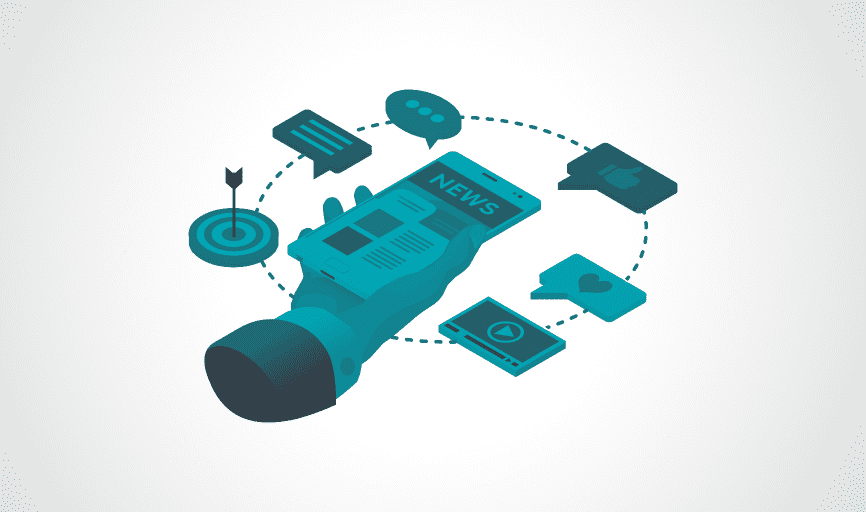
Journalism
The journalism program at the Center for Media Engagement conducts research with newsrooms, social media platforms, and organizations looking to improve media practices for the benefit of democracy. The studies resulting from these collaborations provide insights into tools, practices, and strategies that benefit the media landscape.
Journalism
The journalism program at the Center for Media Engagement conducts research with newsrooms, social media platforms, and organizations looking to improve media practices for the benefit of democracy. The studies resulting from these collaborations provide insights into tools, practices, and strategies that benefit the media landscape.
Read more › ›
2022 Highlights
Research and Publications
- Published 15 journal articles, six white papers, and one book chapter
- Published a report that provided tools, resources, and strategies to help newsrooms combat election misinformation
- Published a report that examined why people questioned the legitimacy of the 2020 election and provided guidance for future election coverage
- Collaborated with 29 news organizations
Presentations and Workshops
- Presented at conferences including the American Political Science Association conference, International Communication Association conference, International Symposium on Online Journalism, Journalism & Women Symposium, Lenfest Institute’s Reimagining Philadelphia Journalism Summit, Online News Association conference, SXSW, and TribFest
- Held workshops for newsrooms on topics such as social media best practices and approaches to Solidarity Journalism
Signature Events
- Hosted an election misinformation symposium to help newsrooms learn how to detect and deal with false information. News leaders from battleground states attended the symposium, learned from experts in mis- and disinformation detection and prevention, and strategized on techniques to implement in their newsrooms.
Public Reach
- Tools and practices utilized by more than 600 newsrooms in the U.S. and abroad
- Covered by prominent trade and media organizations including American Press Institute, The Hill, International News Media Association, NBC News, The New York Times, Nieman Lab, PolitFact, Poynter, Radio Television Digital News Association, and Salon

Media Ethics
The Media Ethics Initiative at the Center for Media Engagement endeavors to promote and produce research on cutting-edge topics in media and journalism ethics. Media ethics focuses on the choices, values, and consequences inherent in our media and communicative practices. Case studies explore ethics as related to topics including free speech, journalism, social media, digital ethics, political communication, advertising, art and aesthetics, sports media, South Asian media, health communication, and sports media.
Media Ethics
The Media Ethics Initiative at the Center for Media Engagement endeavors to promote and produce research on cutting-edge topics in media and journalism ethics. Media ethics focuses on the choices, values, and consequences inherent in our media and communicative practices. Case studies explore ethics as related to topics including free speech, journalism, social media, digital ethics, political communication, advertising, art and aesthetics, sports media, South Asian media, health communication, and sports media.
Read more › ›
2022 Highlights
Research and Publications
- Published four scholarly articles, two book forewords, and 22 media ethics case studies which were released for free educational use
- Engaged 21 undergraduate and graduate research assistants to produce case studies and related resources
- Published “Excessively Harsh Critique and Democratic Rhetoric: The Enigma of Bhimrao Ambedkar’s Riddles in Hinduism” in the Journal for the History of Rhetoric
- Published “The humble cosmopolitan: Rights, diversity, and trans-state democracy” in Contemporary Political Theory
Presentations
- Invited speaker for seminar “The Republic in India” at the House of Lords in London
- Presented a webinar on “Ambedkar, Dewey, and Buddhism” for the Department of Pali and Buddhist Studies at Savitribai Phule Pune University
- Delivered the talk “Ambedkar, Dewey, and the Challenges of Social Democracy” as part of Ashoka University’s Political Thought Colloquia Series
Signature Events
- Hosted Eric Goldman, Associate Dean for Research at Santa Clara University School of Law, for a discussion on how the internet improves humanity
Public Reach
- Case studies utilized in 178 universities and colleges, 249 secondary schools, and 29 learning platforms
- More than 400,000 web views of case studies in the past year

Propaganda
The Propaganda Lab at the Center for Media Engagement focuses on how emergent technologies are used in and around global political communication. Current research is shaping international debate on the manipulative political use of encrypted messaging applications (EMAs) such as WhatsApp, Telegram, and Signal and is central to ongoing analysis and reporting on the connection between digital surveillance using geolocation tools and resultant political micro-targeting and social media disinformation campaigns.
Propaganda
The Propaganda Lab at the Center for Media Engagement focuses on how emergent technologies are used in and around global political communication. Current research is shaping international debate on the manipulative political use of encrypted messaging applications (EMAs) such as WhatsApp, Telegram, and Signal and is central to ongoing analysis and reporting on the connection between digital surveillance using geolocation tools and resultant political micro-targeting and social media disinformation campaigns.
Read more › ›
2022 Highlights
Research and Publications
- Published 11 scholarly and commentary pieces, seven white papers, five quick reads, and one book
- Published written testimony “A Growing Threat: The Impact of Disinformation Targeted at Communities of Color” for U.S. House subcommittee on elections
- Published reports that examined the reach of mis- and disinformation on EMAs in diaspora communities in the U.S. and abroad in Egypt, Ethiopia, and Libya
Presentations
- Sam Woolley provided testimony for a U.S. House Administration panel on how communities of color are targets for disinformation campaigns
- Presented at conferences including the Computational Disinformation Symposium, the Freedom of Expression Scholars Conference, Stanford’s first Trust and Safety Conference, the International Communication Association Conference, and RightsCon
Signature Events
- Hosted the Digital Data Conference, which brought together researchers to discuss the practice and ethics of digital data research
- In collaboration with other universities, held community workshops to study and design for potential digital literacy interventions
Public Reach
- Collaborated with organizations in the public and private sectors, including DFRLab, Equis Lab, Moms Rising, Protect Democracy, and United We Dream
- Covered by prominent media organizations including Austin American Statesman, The Associated Press, The Atlantic, Bloomberg, CBS News, CNN, Forbes, Foreign Policy, Houston Chronicle, The New York Times, NPR, PBS Newshour, Politico, Slate, Time Magazine, USA TODAY, The Washington Post, VOX, and WIRED

Science Communication
The Science Communication Lab at the Center for Media Engagement focuses on building relationships between scientists and media organizations to improve public engagement with science. The lab’s research continues to chart, assess, and guide the growing cadre of key science communication stakeholders in North America and beyond.
Science Communication
The Science Communication Lab at the Center for Media Engagement focuses on building relationships between scientists and media organizations to improve public engagement with science. The lab’s research continues to chart, assess, and guide the growing cadre of key science communication stakeholders in North America and beyond.
Read more › ›
2022 Highlights
Publications
- Published 12 scholarly articles, two white papers, two book chapters, and one book
- Published a report that examines the experiences and challenges of reporting on science in the current media environment
- Published a report that provides a foundation for future research focused on early-career scientists’ perspectives and DEI efforts in these spaces
- Published the book “Strategic Science Communication: A Guide to Setting the Right Objectives for More Effective Public Engagement”
Presentations and Workshops
- Reached leading scientists, educators, policymakers, journalists, and students through participation in events and workshops for science organizations and educational institutions
- Lucy Atkinson, Lee Ann Kahlor, and co-authors earned Top Abstract Award at the Association for Education in Journalism and Mass Communication (AEJMC) Mid-Winter Conference
- Presented at conferences including the Association for Education in Journalism and Mass Communication conference, the Gulf Coast Carbon Center bi-annual Conference on Carbon Capture and Storage, the International Communication Association conference, the International Symposium on the Public Opinion of Nuclear Energy and Other Energy Sources, and the Science Talk conference
Public Reach
- Lucy Atkinson was named the Associate Director of the Global Sustainability Leadership Institute
- Anthony Dudo was appointed to the board of COMPASS Science Communication, a top training program for science communication and policy
- Lee Ann Kahlor was selected as a 2021 AAAS Fellow for the American Association for the Advancement of Science
- Program continues to shape and guide efforts to improve STEM experts’ public engagement efforts through research projects that use theories and frameworks from strategic communication and social science
The center’s goal is to improve the media ecosystem
by empowering the public to understand, appreciate,
and participate in the democratic exchange of ideas.
-Talia Stroud, Director
New Faculty
Outreach
As we continue to expand our reach, we look for innovative ways to connect with newsrooms, platforms, and policy leaders.
This year, our team reached diverse audiences around the globe at conferences and invited speaking engagements hosted by organizations such as:
American Association for the Advancement of Science
American Political Science Association
Asian American Journalists Association
Association for Education in Journalism and Mass Communication
Behavioral Science & Policy Association
Center for Social Media and Politics
Congressional Hispanic Caucus on Voting Rights, Voter Intimidation and Suppression
EU DisinfoLab
Journalism & Women Symposium
International Communication Association
Lenfest Institute
New York State Association of County Health Officials
Online News Association
Pentagon
RightsCon
Science Philanthropy Alliance
Science Public Engagement Partnership (SciPEP)
Shorenstein Center on Media, Politics and Public Policy
SXSW
U.S. House of Representatives
Our expertise was featured in a variety of local, national, and international trade publications and media outlets including:
American Press Institute
The Associated Press
The Atlantic
Austin American-Statesman
Bloomberg
CBS News
CNN
Columbia Journalism Review
Dallas Morning News
Forbes
Foreign Policy
The Hill
Houston Chronicle
International News Media Association
KVUE
KXAN
NBC News
The New York Times
Nieman Lab
NPR
PBS Newshour
Politico
PolitiFact
Poynter
Radio Television Digital News Association
Salon
Slate
Time Magazine
USA TODAY
VOX
The Washington Post
WIRED
The Center for Media Engagement is expanding our social media reach. With the future of Twitter uncertain, we’re taking stock of where our existing followers are moving as well as finding new audiences on platforms like Mastadon and Instagram. We look forward to reaching more people as we establish a presence on these platforms.
